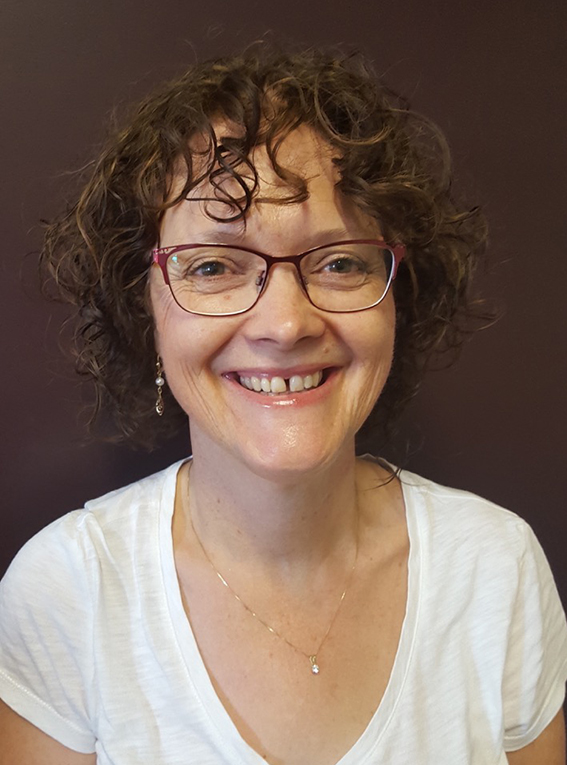
As an occupational therapist with 25 years clinical experience Dr Morgan has an in-depth understanding of the public health system and the value and importance of clinical research that informs practical patient care at the end of life.
In this article, she shares how her research helps improve care at the end of life, further collaborations, and her most recent publication.
What is your main research area, and how did you first get interested in it?
I am really interested in exploring how we can optimise the function of people approaching the end of life. I explore this from patient and carer perspectives but also examine factors that affect clinicians’ capacity to support optimisation of function.
I am particularly interested in uncovering those small things that can be easily overlooked but make a huge difference to peoples’ experience of care and clinicians’ capacity to provide care.
Doing my PhD allowed me to spend time exploring peoples’ experiences and priorities in a detail that I simply had no time for clinically. Findings highlighted the importance of partial or full independence in important everyday activities for as long as possible, even as function declines. I have been able to build on this knowledge in subsequent research.
How do I envision my research will help to improve end-of-life care?
One of the challenges for allied health in palliative care is demonstrating how our interventions improve patient outcomes. While allied health interventions can slow down the rate of functional decline, it does reach a point where deterioration cannot be checked.
I am in the final stages of refining a values-based palliative care screening tool that will become one of the Model of Human Occupation (MOHO) suite of outcome measures. While informed by occupational therapy theory, I anticipate it will have multidisciplinary utility.
Another area of research has focused on patient experience around dignity with intimate hygiene at the end of life; and sought to identify factors that compromise or conserve dignity. Better understanding how we can conserve a person’s dignity at the end of life is something of relevance to all clinicians and informal carers.
What are the next steps in rolling out research and further collaborations?
- MOHO tool: Initial tool constructs were informed from a series of international focus groups. Feedback on the tool constructs will be sought from a group of Australian and international occupational therapists and palliative care patients before psychometric evaluation is undertaken. This will build further on international collaborations with the University of Chicago, Illinois and the MD Anderson Cancer Centre, Texas.
- Dignity with intimate hygiene: Study findings have identified simple, no cost interventions that can help to conserve a person’s dignity even as they lose physical independence. These interventions are relevant not only in palliative care but in all health settings, and with formal and informal carers. Future research will target palliative care and aged care settings and preliminary discussions with potential collaborators are underway.
- European Association for Palliative Care (EAPC): COVID-19 has slowed down an international research collaboration with a group of European occupational therapy researchers who are keen to examine the efficacy of occupational therapy palliative care interventions. This EAPC committee is about to reconvene and I am looking forward to what will eventuate.
What was your most recent/important publication and why did it excite you?
My most recent publication has just been accepted by Palliative Medicine. It is titled “Conserving dignity and facilitating adaptation to dependency with intimate hygiene for people with advanced disease: A qualitative study.”
This study builds on dignity research pertaining to end-of-life care and also builds on occupational therapy theory about adaptation to deterioration in a cohort that have previously been excluded from occupational therapy research in this area.
This study meets my goals of supporting patients, carers, and health professionals and has the potential to make a significant impact on how people provide and experience care in an area that will touch us all.

